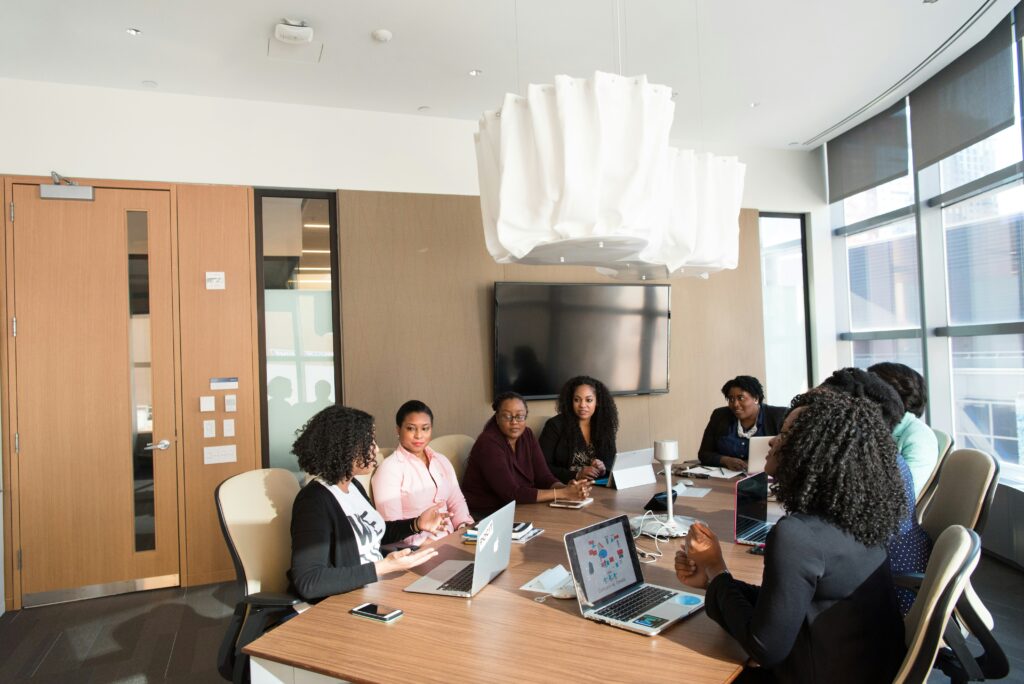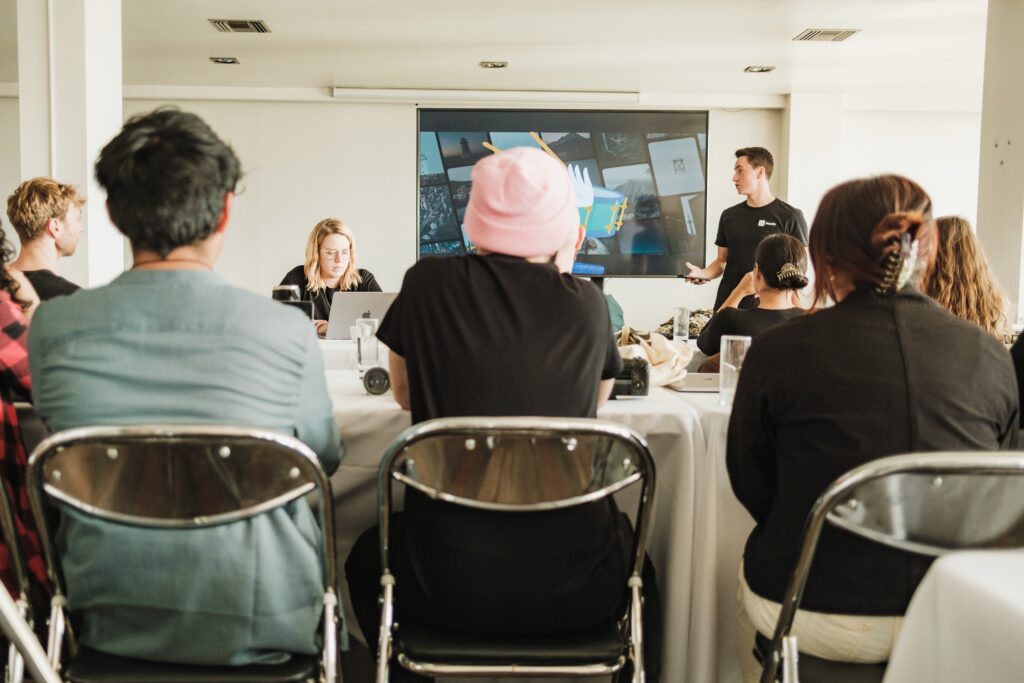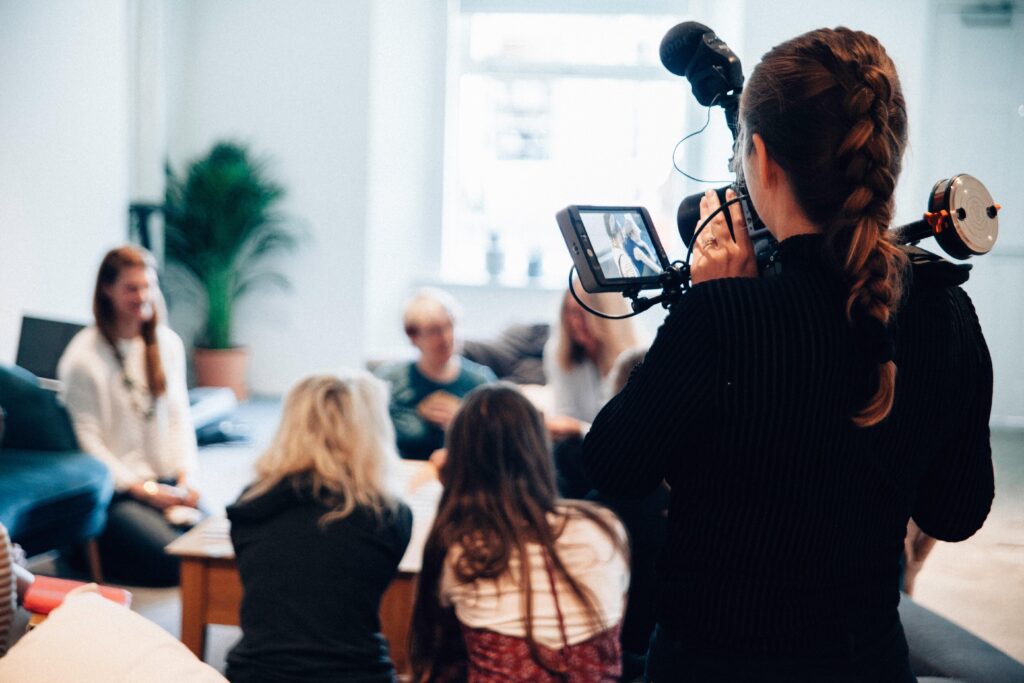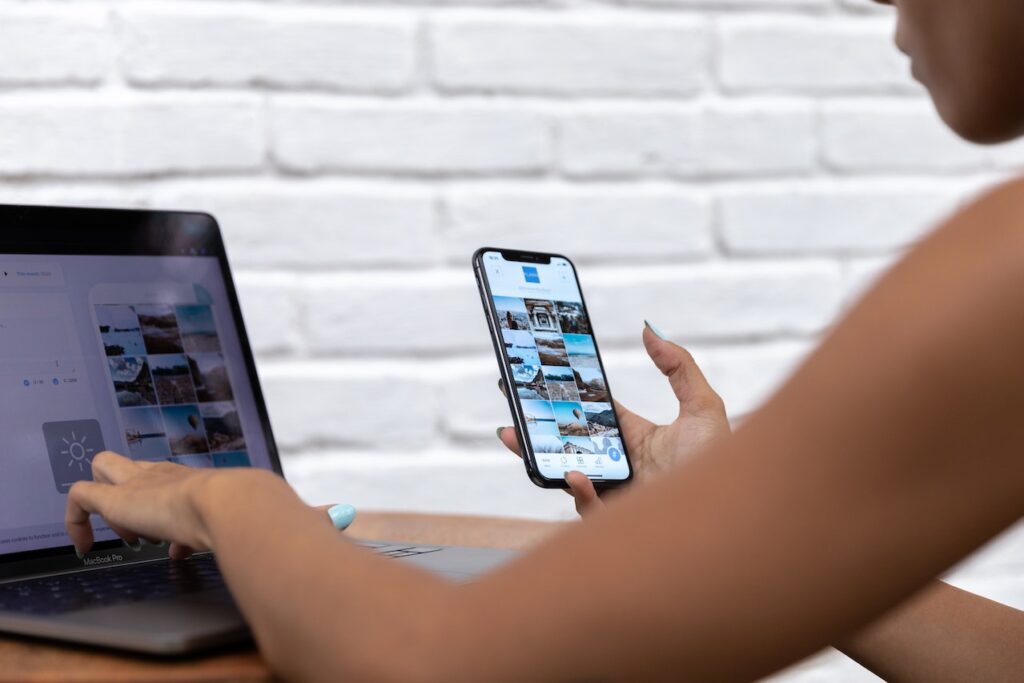Are you prepared to elevate your brand through media exposure? You’ve come to the right place if you’re ready to put in the time and effort.
This article will walk you through several strategies for positioning your brand to attract media attention. From planning and managing your DIY publicity campaign to writing impactful press release content.
But our journey doesn’t stop there. We’ll also show you how to leverage media coverage and develop valuable relationships with journalists. So let us dive in and begin this exciting journey together. Let us make your brand shine!
Defining Publicity Objectives
Define your main goal before you launch your DIY publicity campaign. Consider whether your goal is to increase brand awareness, launch a new product/service, publicize an event, or establish yourself as a speaker or industry leader.
Perhaps you want to boost website traffic, social media engagement, or audience interaction.
Clarifying your goal allows you to tailor your campaign for the best results. A clear goal will help you plan and execute your campaign more effectively.
Team Roles and Responsibilities
Before launching your DIY publicity campaign, it’s important to assign team members within your organization who can help with its execution.
If you’re a solopreneur or lack a team, consider setting up a system to manage your campaign effectively. Another option is to hire a virtual assistant to assist with coordination.
Remember, having a team isn’t necessary, but understanding the roles involved can give you insight into how a campaign flows from start to finish.
Defining Brand Messaging and Positioning
When preparing to showcase your product or service to the media, create a compelling presentation highlighting your brand’s unique story.
Consider the emotions you want your audience to experience and how you want them to perceive your brand.
Our E-book, “A Beginners Guide to DIY Publicity” includes practical tips for effectively positioning your brand to increase publicity. So be sure to check them out so you can start implementing them into your campaign today!
Remember to tailor your pitch to the specific audience you want to reach, and make sure your message resonates with their interests and needs.
Campaign Planning and Strategies and Tactics
A good rollout requires preparation, so make sure this is in place before you start your DIY publicity campaign effort. Here’s what you’ll need to have prepared before things begin:
- High-quality images, logos, and project-specific artwork.
- A compelling biography or company profile that tells your brand’s story.
- Contact information for your public relations team or campaign management, who will handle media inquiries.
- Product copies or samples (if available), as well as links to downloads and other media resources.
- An Electronic Press Kit (EPK) or Media Kit/Deck, if one has been prepared.
- Links to your brand’s or project’s website provide easy access to additional information.
- Updated social media profiles to interact with your audience and share campaign updates.
All of this information must be gathered ahead of time to effectively communicate with the media. If you’re launching a new product or service, you should plan your campaign well in advance to ensure a smooth launch.
By following these steps and utilizing our E-book’s insights on brand positioning, you can increase your chances of receiving positive publicity for your brand.
Campaign Readiness Resources and Tools
To get your publicity campaign off the ground, consider the following tools and resources:
- Canva, Snappa, Crello, PicMonkey, and Stencil
These platforms are ideal for graphic design, allowing you to create eye-catching materials such as one-sheets and electronic press kits.
- Mailchimp, MailerLite, Constant Contact, and SendGrid
These email marketing services allow you to schedule and manage your email outreach and track recipient responses and feedback.
- Upwork, Fiverr, PeoplePerHour, Guru, and Freelancer
These platforms provide copywriting services for creating pitches, press releases, and other campaign materials.
- Hootsuite, Social Sprout, Buffer, TweetDeck, and AgoraPulse
These social media schedulers and campaign managers can help you streamline your social media presence and boost your public relations efforts.
- Media.Info, HARO (Help A Reporter Out), RadioGuestList.com, Hunter.io, and AgilityPR
Use these resources to find media contacts and opportunities to expand your publicity efforts.
- Google Docs
Work together with your team to share and edit campaign-related documents and files.
- Monday, Asana, and Basecamp
These project management tools can help you set deadlines, schedule follow-ups, track milestones, and effectively manage your publicity campaign calendar.
Using these tools and resources, you can streamline your publicity campaign and maximize its impact, allowing your brand to receive the attention it deserves.
If you found these tips helpful, I encourage you to watch the full video below, which further explains this DIY strategy. I also welcome you to subscribe to my YouTube channel for more insights and inspiration.
5 Steps to Creating Your Campaign
-
Identifying Your Audience
Understanding your audience is important for a successful DIY publicity campaign. Knowing your audience can attract the right customers and clients while avoiding wasted time, energy, and resources targeting the wrong people.
When launching your publicity campaign, identifying your audience and understanding their interests is key to positioning your brand effectively. This involves pitching your product to media outlets and journalists who cover stories relevant to your audience.
Moreover, there are ways to determine your target audience, such as knowing your product, researching, creating a customer profile, and using social media
-
Writing Press Release
When writing a press release for media distribution, it is critical to address the 5 Ws: Who, What, Why, When, and Where. Don’t forget to include the “How,” which is essential for effectively describing your product or service.
To ensure your press release covers all necessary aspects, consider answering the following six questions:
- Who is involved in this story?
- What’s the latest news or announcement?
- Why is this news important or relevant?
- When did or will the event happen?
- Where does the event take place?
- How does your product or service work and benefit the target audience?
Press releases typically range between 350 and 450 words, so aim for concise and informative content. When your press release is complete, distribute it online using a press release distribution service. Some services are free, but others may require a distribution fee.
-
Preparing Your Pitch
To create an effective media pitch, several key components must be considered:
- Relevance
Make sure your project, product, or service is relevant to the target media outlet’s interests and audience. Describe how your brand fits into their scope.
- Contact
Identify and contact the appropriate person or department within the media outlet to increase the likelihood of your pitch being considered.
- Compelling Angle
Highlight what distinguishes your brand and why it deserves coverage. Use storytelling to make your pitch more engaging and memorable.
- Simplicity
Keep your pitch brief and to the point, containing only necessary information. Avoid attachments unless specifically requested, and limit the use of links/URLs.
When creating your pitch, consider these tips to make it catchy:
- Add announcements, noteworthy details, highlights, or recent achievements.
- Just concentrate on how relevant your presentation is right now.
- Utilize URLs and links sparingly.
- Keep your email free of attachments, and make sure your grammar is correct.
- Provide a succinct summary of the contents in the email subject.
- Thank the person for their time; being courteous goes a long way. If you don’t hear back, give the outlet plenty of time to review your pitch before sending a follow-up email. Include the information required in your follow-up, keep it brief, and speak politely throughout. It is usually appropriate to wait three to four days before sending a follow-up.
-
Media Prospecting and Outreach
Selecting the appropriate media outlets is essential for project or brand promotion. Locating appropriate media outlets comes next after determining your target audience.
Don’t worry if you’re new to publicity and haven’t received any press placements yet. Prioritize gaining momentum over pursuing initial widespread media attention.
To find more media opportunities, monitor conversations on social media regarding comparable goods, services, or brands. Talk to bloggers, journalists, and other people who might be considering publishing your story.
Recall that increasing your brand’s visibility takes time and work, so be patient and persistent when pursuing media attention.
-
Measure and Evaluate
The objectives you set before starting your publicity campaign will play a major role in determining its success. It’s important to evaluate the campaign’s performance throughout continuously.
Campaign durations range from three to four months, depending on the project. Be ready to make any necessary changes during this time to maximize the efficacy of your campaign. Reaching your publicity objectives requires regular assessment and adjustment.
We’ve provided here an overview of how to launch a DIY publicity campaign if you’re new to it. If you want a comprehensive guide with plenty of tips and strategies, check out “A Beginner’s Guide to DIY Publicity.” It contains everything you need to know to get started.
And hey, if you need any additional assistance with your campaign, I am here for you. I provide consulting services in addition to digital publicity campaigns. Want to discuss your project?
Schedule a complimentary 15-minute call with me at calendly.com/styleofbusiness. Let us make your campaign a success!
Keetria is an entrepreneur, wellness advocate, and brand strategy coach for creatives & entrepreneurs with 16 years of public relations expertise working with some of the world’s leading brands, startups, media personalities, and entertainers. If you want to work together, don’t hesitate to reach out.























